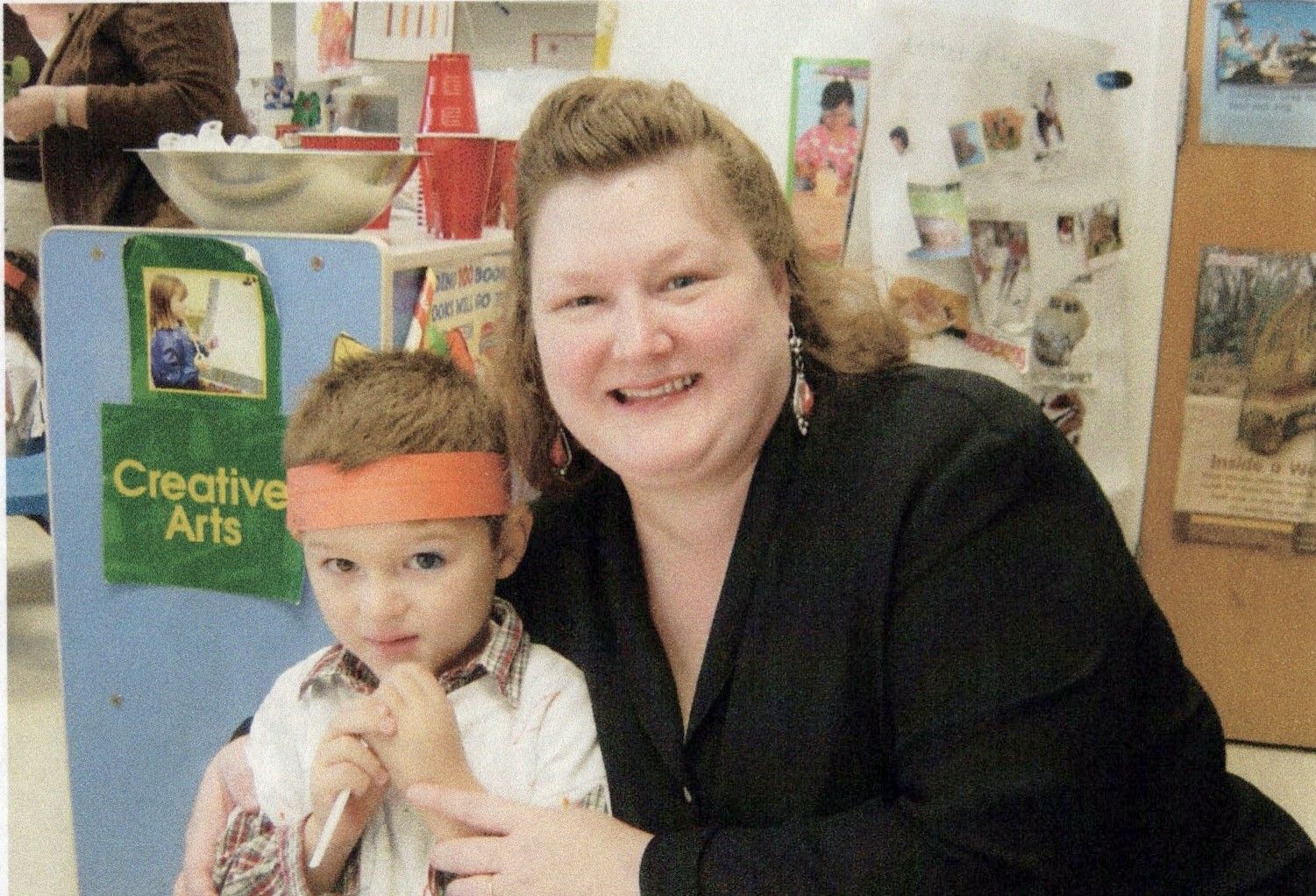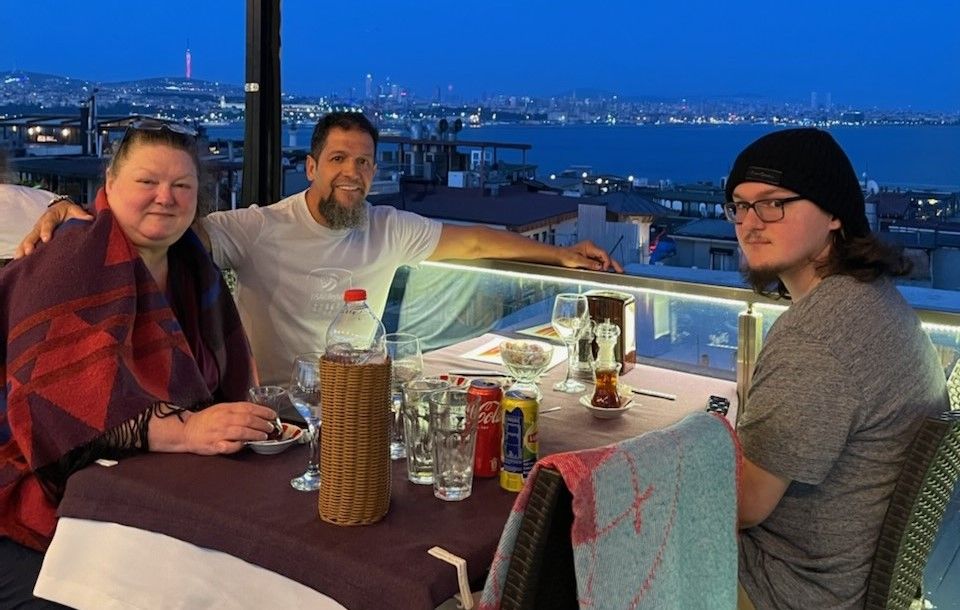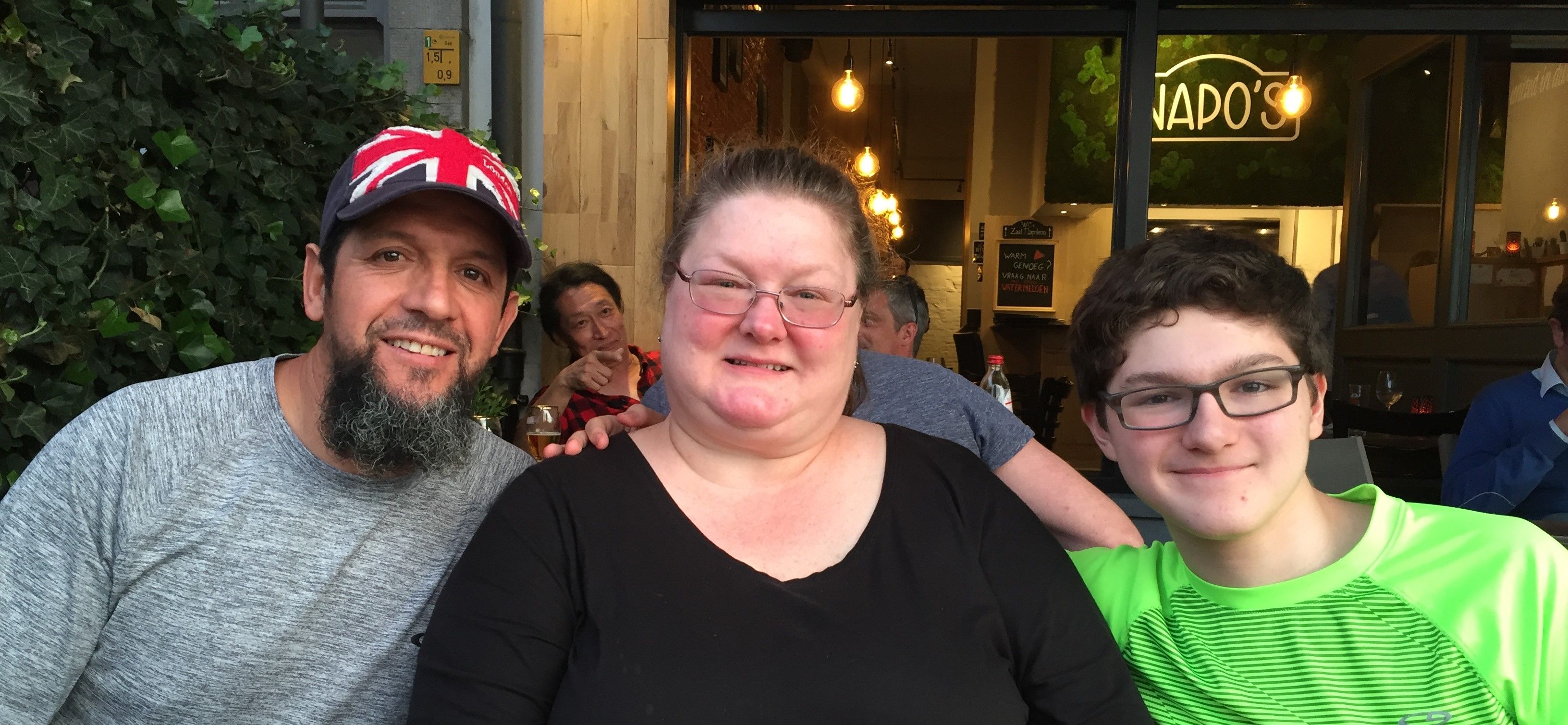
At WCM, there are tens of thousands of phones, laptops, tablets, servers, and other devices used on and off campus supported by ITS. Behind this massive network of devices is Leah Ghedir, Asset & Configuration Process Owner, who manages the lifespan of these machines from the moment they’re connected, to the time they’re no longer in use. Although she works behind the scenes, Leah’s unique view into WCM’s devices benefits users in a plethora of ways, from pinpointing lost laptops, to saving departments money.
I manage the CMDB, or the Configuration Management Database, which basically holds all the asset records for the institution. We work with service owners and different parts of the organization to make sure that we have correct updated and managed information about their assets.
Well, yes. Departments can buy their own equipment and if they want to add it to the network, they will usually contact the SMARTDesk and put a tag on it, and add it into our various management systems. We'll create what we call a configuration item (CI) record to keep track of that.
I first started in 2021, so I’ve been here about three years.
I also help manage the Evergreen program. That was started in response to the pandemic. Everybody had to go work from home and there was a big push to start this program and get laptops out. The purchasing part was transitioned to me, so I work with the Finance department and Billing and Procurement to get quotes. When we need to buy laptops, we buy those usually in bulk, depending on what our needs are. It's gotten to a point now where we’re buying smaller amounts because it's smoothed out a bit [now that the federal public health emergency ended]. I also work closely with SMARTDesk Evergreen techs who ready the devices by tagging and provisioning them. Once they’re tagged, I am sent information like serial numbers, Mac addresses, tag numbers… and then we do an import to ServiceNow [our database], so we don't have to manually create records. I help manage the whole process, end-to-end with help from SMARTDesk and Kavitha Rengasamy, who is the Asset & Configuration coordinator.
We also do cleanup efforts to make sure devices are managed and maintained. Environmental Health & Safety has an e-waste process where departments can get rid of equipment. Sometimes, we don't know that they discard equipment because departments forget to tell us or don’t submit an official disconnect request. We work with EHS about once a quarter; we’ll get a report of the stuff that they've picked up to be recycled. I do a reconciliation of those reports with what's in ServiceNow, and if the department didn't officially disconnect it, we go through the process to officially disconnect so they stop being billed for it.
I think it's gotten better over time because we work closely with our liaisons, and if we know a department's moving or something like that, the CMDB kind of touches everything. If there's offboarding, we also have a lot of projects that are related to automating that. And another good example of what we do is working with the Educational Technologies team when students come in and get iPads. Instead of them having to manually create CIs, we get lots of requests to import data for them.
There are lots of things that are related to managing assets, but those are the big ones.
Well, for the Evergreen program, I think there's around 3,667. But let me just see real quick… [keyboard typing]
This includes not just personal desktop devices. We also have CIs for servers, routers, switches… I'm looking at the whole list of all the CIs – now this is everything, from soup to nuts: there's about 58,888 as of today.
Part of it is that there’s security risk involved with possibly having personal or confidential information on devices that could get in the wrong hands. We work closely with ITS Security and End User computing on things like variance requests & OS compliance, so if there's a particular laptop or something in a department that's been tagged, but it can't be upgraded to a specific type of operating system (say it's on Windows 7) and it has some sensitive piece of equipment attached to it, they have a variance request.
Actually, one day… I can't remember the specific details, but there was a particular device that I had found that I was like, “Something is going on with this…” I reached out to Allie [Smith, ITS Security Manager], and it ended up being a stolen Evergreen device. I was trying to find out if it was still on the network, and it looked like it hadn't been checking in [to our systems management software] in a while. All of a sudden, like the day I was looking at it, it checked in and we found somebody had stolen a laptop and it ended up being in the Dominican Republic! We were able to lock the device remotely and send a message to the user to call the Service Desk and they did! Of course, once they realized they were no longer able to use the device they hung up....but that was an exciting day where the CMDB, Security and the Service Desk came together to prevent unauthorized use of a device.
I don't remember that was exactly what it was, but yeah… security is a big thing. There’s also the financial aspect. Like I said for Evergreen, we purchased laptops and we bill for them every month to recover the cost of the device, so we have to have them in a system where we can track them and appropriately manage them to make sure we're getting paid back the cost of the device.
I think my favorite part is just working with so many people and it's always something different every day. It's very detailed-oriented work as well, which I really like. But I think the best part is just being able to work in so many areas and with so many different teams. It's kind of the foundation for a lot of different processes, and it’s fun.
Actually, coming to Weill Cornell and doing CMDB and asset management was a change for me. My background started out in mathematics education. I started out as a math teacher and I decided very quickly at my first teaching job I did not want to do that! I quickly changed; I didn't even finish my first year of teaching because I got sick with pneumonia, and I decided after I was out of the hospital for a couple of weeks that I just was not going to go back. But I have always done statistical computer math sort of jobs.
Early in my career, I was a statistician and worked at different state agencies. At one point, I switched over and started doing computer desktop support, and then I went into network support, and I was a network technician for a bit, so I developed a technical background. Then, I moved from North Carolina to Silicon Valley to work in a data center and I thought, “Oh, this is my big chance! I'm going to make it big in Silicon Valley!”
And the year I moved, I got married and shortly thereafter, the Dot-Com bust happened. So, I had a decent job making good money, but a year later, after moving my whole life, I got laid off. I went from a pretty well-paying job to working a temp job making like 14 bucks an hour. And I was living in San Jose, which was expensive!
It was really kind of a pivotal point in my career. After that devastating career blow, I had my son (he's 20 years old now) when I was out there, and I focused on staying with him. I ended up going into customer service and worked for the City of San Jose. They had a 24/7 call center, believe it or not, and even though it wasn't IT, it used some of the skills that I had developed in IT. Eventually, I went to work with an equipment management unit with the Santa Clara Valley Water District and managed their motor pool. I got to really enjoy my son being a toddler because I didn't have to be on call. It was a brief hiatus from technology work because I was just burnt out and so distressed by the whole layoff thing.
 Leah with her son, Alex.
Leah with her son, Alex.
Yes, I'm sure a Silicon Valley job would have been more difficult for raising a family. We decided to move back to North Carolina when my son was around two because my parents were still there, and my husband's family was in Algeria, so we really had no family support out in Silicon Valley.
I slowly went back into computer and IT support, and eventually I met Paula Herber [Director of ITS Service Operations] when she was at State of North Carolina. She was running the ITS program for service management and I was at the service desk there doing Level 2 network support. I think I interviewed for a job that she recommended, and I didn't get the first job, but I remember reaching out to her and saying, “As a mentor or somebody that's interviewed me before, what are some things that can improve on? Give me some suggestions.” She gave me some ideas, so I tried to implement them.
When another position opened, she told me about it and I was like, “Okay, well, I'll apply,” and I got that job as a process owner for incident and knowledge management processes with NC State ITS. I eventually moved to Duke University Health Systems and I managed incident and request processes there. I got burned out on major incidents and was on call so I was looking for a different opportunity. In 2021, I started working with Weill Cornell in this different capacity – still IT service management managing the CMDB and assets.
I really enjoy traveling. I don't get to do it as much as I'd like, but I'd like to do more international travel. I’ve been a couple of times to my husband's country of Algeria, and in May of 2022, my husband, myself, and my son went to Istanbul, Turkey for two weeks. We've been to quite a few places over in Europe.
 (L-R) Leah, her husband Salem, and her son Alex, in Istanbul.
(L-R) Leah, her husband Salem, and her son Alex, in Istanbul.
I think I want to do some like places in southern Europe because mostly we've been to like England and Wales and Belgium and France, and I'd really like to go to Italy and Spain.
 Leah and her family in Belgium.
Leah and her family in Belgium.
I help my husband with our family business selling North African food products. We sell mostly dates and Algerian olive oil that we import directly from Algeria! I mainly help with managing the online store, invoicing, the paperwork. I also love cooking and trying out new recipes.
And one other hobby I like is genealogy. I love working on my family tree and any ancestry or genealogy TV shows, like Finding Your Roots.
One of the people that I consider sort of a mentor is, of course, Paula Herber. She was very instrumental in getting me into the IT service management part of my career and I admire her because she's just a go-getter. She’s very involved with her teams and she recognizes talent and helps promote people from within.
Outside of that, I would say there are tons of women I love, like Ruth Bader Ginsburg. She was just a force with her promotion of women and women's equality in the workforce and in the world. I think Oprah Winfrey is someone that I used to love to watch on TV. Of course, I don't get to see her like I used to back in the day, but I think I admire her because she's just this media mogul that has always been looking at women and people in general. She had some really insightful things that she did early in her career that propelled her into the person that she is today.